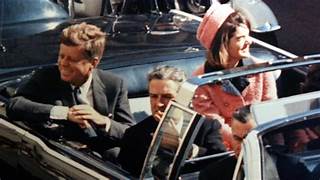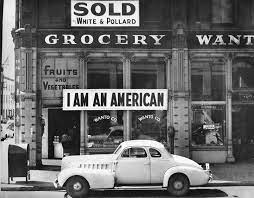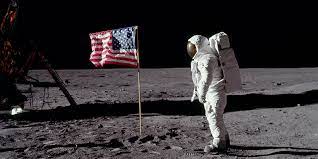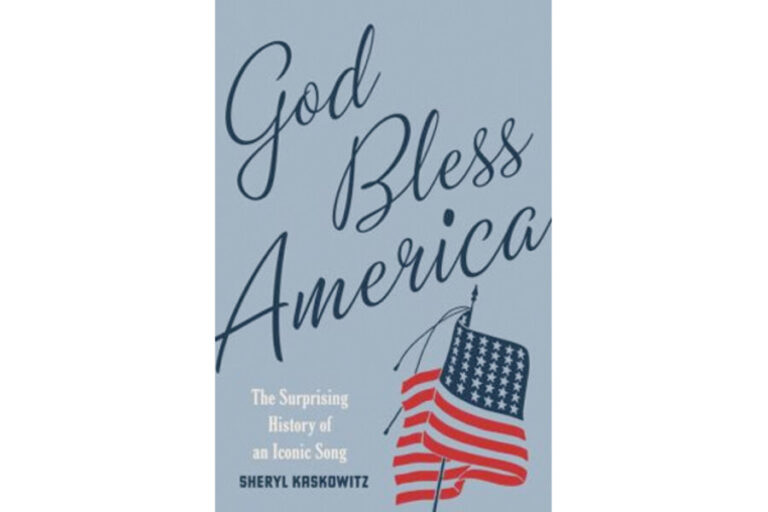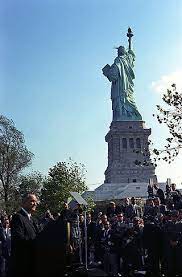The year 1963 in the United States was marked by a profound and tragic event that would leave an indelible mark on the nation's history—the assassination of President John F. Kennedy. November 22, 1963, became a day etched into the collective memory of the American people, forever altering the course of the nation and ushering in an era of uncertainty and mourning.
President Kennedy, a charismatic and youthful leader, had captured the nation's imagination with his vision of a New Frontier and his calls for civic engagement and public service. The Kennedy administration was characterized by a sense of optimism and a commitment to addressing pressing issues such as civil rights, space exploration, and Cold War tensions. However, on that fateful day in Dallas, Texas, the nation was thrust into a state of shock and disbelief.
President Kennedy and First Lady Jacqueline Kennedy were traveling in an open convertible through Dealey Plaza when shots rang out. Kennedy was struck and fatally wounded. The immediate aftermath was captured on live television, as news broadcasters struggled to convey the gravity of the situation to the American people. The motorcade rushed to Parkland Hospital, where, despite efforts to save him, President Kennedy was pronounced dead.
The nation was plunged into mourning, and the shockwaves of Kennedy's assassination reverberated globally. The tragic event not only marked the end of a promising presidency but also shattered the perceived invincibility of the American leader. The "Camelot" era, as it came to be known, was abruptly brought to an end, leaving the American people grappling with a profound sense of loss and uncertainty about the future.
Lee Harvey Oswald, a former Marine and self-proclaimed Marxist, was arrested and charged with the assassination. However, before he could stand trial, Oswald was shot and killed by Jack Ruby, a Dallas nightclub owner, adding another layer of mystery to the tragic events of that November day. Conspiracy theories about Kennedy's assassination abound, contributing to the enduring mystique and controversy surrounding the event.
The impact of Kennedy's assassination went beyond the personal tragedy for the Kennedy family. It had profound political, cultural, and social repercussions. Lyndon B. Johnson, Kennedy's vice president, was sworn in as the 36th President of the United States on the same day, inheriting the challenges and aspirations of the Kennedy administration.
The assassination intensified the urgency of the civil rights movement, with Johnson working to pass landmark legislation in honor of Kennedy's legacy. The Civil Rights Act of 1964, a key piece of legislation, aimed to end racial segregation and discrimination. Additionally, Johnson escalated U.S. involvement in Vietnam, a decision that would have far-reaching consequences for the nation in the years to come.
In popular culture, the Kennedy assassination has become a perennial subject of fascination and speculation. Countless books, films, and documentaries have explored the events of that day, attempting to unravel the mysteries and controversies surrounding Kennedy's death. The "grassy knoll" and the "magic bullet" have become iconic phrases, symbolizing the enduring questions that persist about the details of the assassination.
